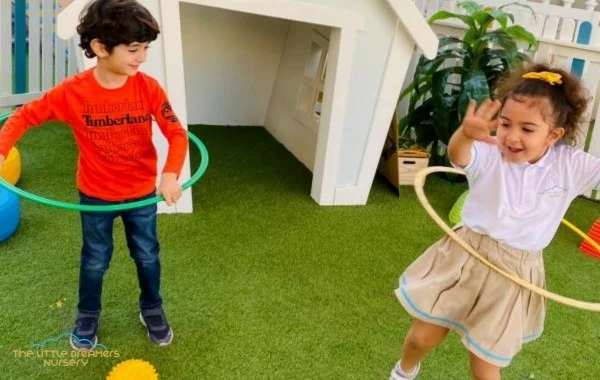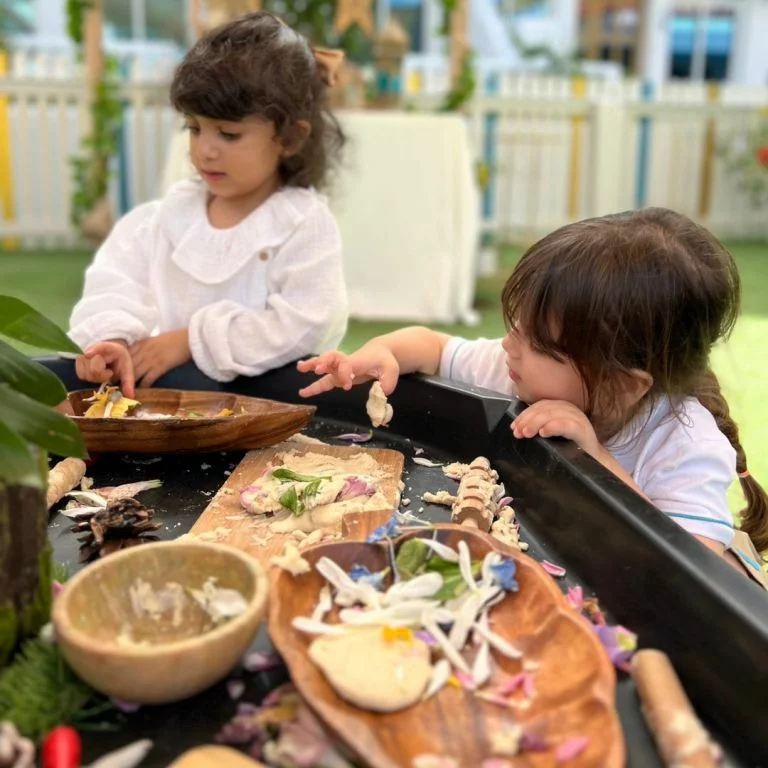Even the strongest relationships can be tested when two people become parents. Suddenly, small differences in personality or background take center stage in a high-stakes arena: raising a child. One of the most common — and often most stressful — challenges couples face is a parenting style conflict.
Maybe one of you leans into routines and rules, while the other believes children thrive best with freedom and flexibility. Perhaps you disagree on how to handle tantrums, discipline, or screen time. These conflicts can feel frustrating and deeply personal — but they don’t mean your relationship is doomed or your child is caught in the middle forever.
In fact, with honest communication and mutual respect, co-parenting disagreements can lead to stronger teamwork and even deeper understanding in your relationship.
Let’s unpack what causes these clashes and how to find a parenting rhythm that works for both of you — and your child.
Common Parenting Style Clashes
Every parent brings their own “rulebook” to the table, whether they realize it or not. That rulebook is often shaped by personal upbringing, cultural influences, past experiences, and even fears. When those rulebooks don’t match, conflict naturally follows.
Here are a few of the most common mismatches:
 Discipline Styles
Discipline Styles
- One parent believes in time-outs and clear consequences; the other prefers redirection or talking it through.
- One may prioritize obedience and respect; the other values emotional expression and negotiation.
- Routine vs. Flexibility
- Disagreements about bedtime schedules, meals, chores, or structure.
- One parent may value predictability; the other is more spontaneous or responsive.
- Screen Time and Technology
- Clashing opinions on how often children can use devices and for how long.
- Different views on media’s role in learning or entertainment.
- Risk and Independence
- Conflicting comfort levels around how much freedom a child should have.
- One partner might be more protective, while the other encourages independence early.
- Emotional Expression
- One parent encourages tough love or emotional control.
- The other promotes openness and emotional literacy.
These differences can result in confusion for your child — and recurring frustration for both of you.
The Impact of Co-Parenting Conflict
Parenting disagreements may start as small sparks but can escalate if not addressed. They can lead to:
- Inconsistent parenting that confuses children and undermines discipline.
- Arguments and resentment between partners, sometimes in front of the children.
- Parental burnout, especially if one partner feels unsupported or overridden.
- Behavioral issues in children, especially when they sense division or use it to their advantage.
The emotional toll is real — and prolonged conflict can weaken both the parenting unit and the romantic partnership behind it.
How to Find Alignment Without Losing Yourself
Finding common ground doesn’t mean agreeing on everything. It means building mutual respect, compromise, and shared vision for your child’s future. Here’s how to begin:
- Talk About Your Childhoods
Understanding where your parenting instincts come from helps build empathy. Ask:
- “What did you love or hate about how you were raised?”
- “What do you want to repeat — or avoid?”
- Identify Shared Values
Even if you disagree on tactics, your values often overlap. Do you both want your child to be kind? Independent? Emotionally intelligent? Let shared goals anchor your decisions.
👉 Use our Parenting Values Alignment Worksheet to explore this together. It’s a simple, structured way to get on the same page.
- Agree on What Matters Most
You don’t need to be perfectly aligned on everything — just the big things. Decide which rules are non-negotiable (like safety and respect), and where you’re okay with some differences.
- Don’t Undermine Each Other
If you disagree in the moment, take it offline. Say: “Let’s talk about this privately later,” and then follow up.
- Divide and Conquer (Fairly)
Lean into your strengths. Maybe one of you is better at homework support, while the other thrives at handling social/emotional issues. Divide tasks intentionally — not just by default.
- Have Regular Check-Ins
Set a weekly or monthly “parenting huddle.” Talk about what’s working, what’s not, and how each of you feels. Think of it like a relationship tune-up focused on your parenting partnership.
- When Needed, Seek Support
Sometimes, therapy or parent coaching is the best next step. A neutral third party can help navigate tough conversations, especially if resentment has built up.
Conversation Starters to Try This Week
- “What’s one thing you admire about how I parent?”
- “What do you think is our biggest difference as parents?”
- “How can I support you more?”
- “What kind of parent do we want our child to say they had?”
Use these during a quiet walk, coffee date, or even before bed — moments where there’s space for honest conversation without distractions.
Final Thoughts: It’s Not About Being the Same — It’s About Being a Team
You and your partner won’t always agree — and that’s okay. What matters more than matching styles is building parenting teamwork rooted in trust, respect, and flexibility.
Your child doesn’t need two identical parents. They need two connected parents working together toward a common goal: raising a secure, loved, and emotionally healthy human being.
📘 For more on nurturing strong relationships at home, visit: Positive Parent-Child Relationships








